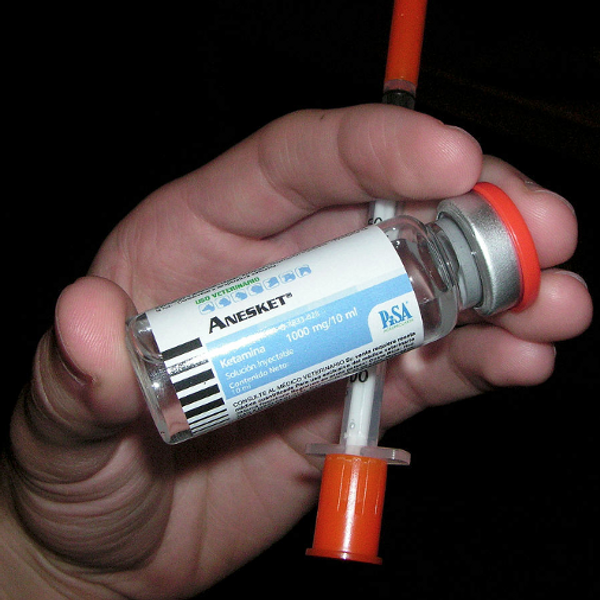Le premier essai de référence sur les effets antidépresseurs de la kétamine a été lancé
L’essai clinique mené en Australie et en Nouvelle Zélande comparera la réponse des patients à plusieurs doses de cette drogue et au placebo.
Pour en savoir plus, en anglais, veuillez lire les informations ci-dessous.
Abonnez-vous à l'Alerte mensuelle de l'IDPC pour recevoir des informations relatives à la politique des drogues.
The first “gold standard” clinical trial of ketamine for the ongoing treatment of major depression was launched in Sydney on Tuesday and will involve seven research institutions and 200 patients from across Australia and New Zealand.
Several pilot studies have examined the effectiveness of ketamine for depression but these have typically been smaller studies testing a single dose of ketamine on acutely depressed patients.
These trials were necessary to establish whether the drug triggered a response in depressed patients and also to determine effective methods of administering it – for example, intravenously, nasally or subcutaneously.
But no trial has been conducted to see how people respond to ongoing treatment with multiple doses of the drug compared with a placebo until now. The randomised double-blind trial – the gold standard for clinical research – means neither the researchers nor patients know whether they will be receiving ketamine or a placebo. The trial will run for three years.
Prof Colleen Loo from the University of New South Wales, who is based at the Black Dog Institute in Sydney, is one of the study’s leaders and has been researching the use of ketamine to treat depression for more than five years.
“Existing studies show that if you give a single dose of ketamine to people with serious clinical depression, they do tend to get better – but that only lasts for a few days,” Loo said. “Feeling better for a few days is no good with a chronic disease like depression.
“What we now need to do is establish whether it can be used as an effective ongoing clinical treatment and, if so, who best responds to the treatment and what the treatment guidelines might be.
“It is not good enough to say that just because it has made people feel better in previous trials, when given one dose, that it is a safe and effective treatment long term.”
Click here to read the full article.
Keep up-to-date with drug policy developments by subscribing to the IDPC Monthly Alert.
Thumbnail: Flickr CC Wikimediacommons
